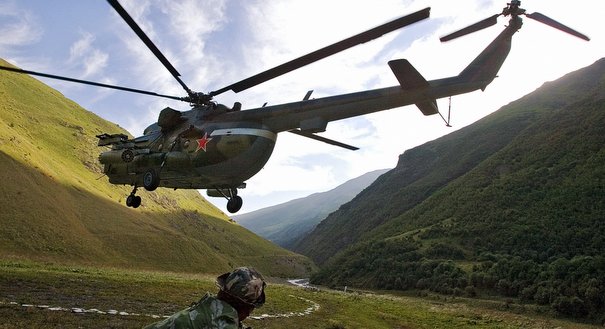Despite the official end of Russia’s counter-terrorist operation in Chechnya, armed clashes and terrorist attacks continue to plague the region. Open conflict in Russia’s North Caucasus is on the verge of becoming inevitable, warns Alexey Malashenko.
Malashenko identifies a number of factors that contribute to rising tensions:
- Economic: Growing inequality and unemployment.
- Ethnic: Competing clan interests and disputed borders between and within republics.
- Societal: Rampant corruption and the increasing divide between the ruling elites and the general public.
The federal authorities have achieved some results over the last decade, namely ending the war in Chechnya and replacing a number of unpopular regional leaders with new faces. “As a result,” Malashenko writes, “the federal authorities have managed to achieve at least a fragile peace by offering the local elites an implicit agreement that can be summed up as follows: you give us your loyalty and obedience, and we will not meddle in the way you run your internal affairs.”
But Moscow’s policies and approaches have also brought continued instability and permanent political crisis, diminished political institutions and parties, an exaggerated emphasis on the power of individual leaders and a reliance on force, all of which threaten constantly to spin violently out of control. “The authorities’ biggest failure has been in institutionalizing instability,” Malashenko writes.
Looking forward, Malashenko explains that, while the North Caucasus will remain within Russia’s territory, they will continue to slip out of Moscow’s control. “It is not possible to resolve the problems of the North Caucasus overnight,” he writes. “Moscow can endlessly shuffle presidents, ‘wipe out’ extremists, threaten those guilty of corruption, and pour billions of rubles of federal money into the region. The North Caucasus remains part of Russia with all of its problems and woes, and with its own power vertical that imitates, after a fashion, the power structure devised by Moscow.”





